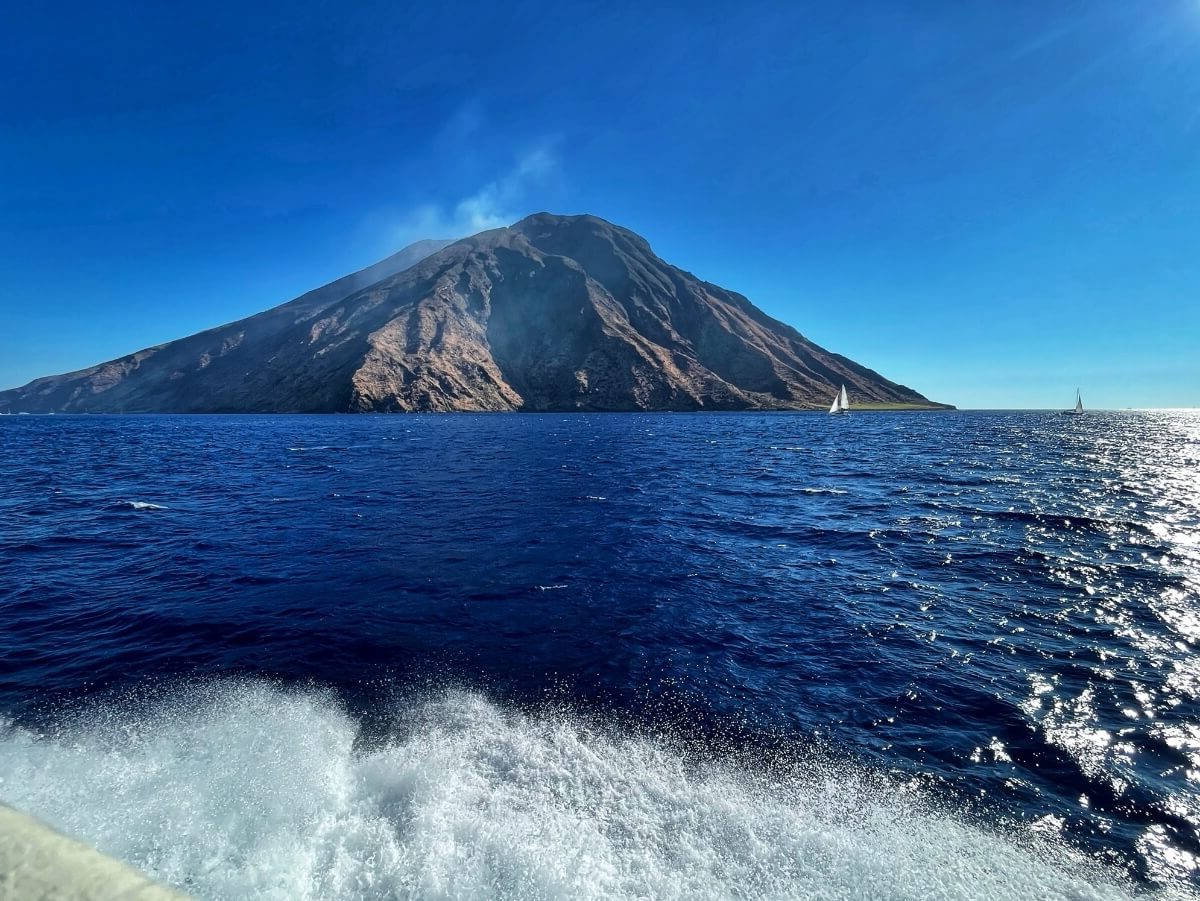
Volcanic islands are some of the most intriguing natural formations on Earth. Formed by volcanic activity, these islands rise from the ocean floor, creating unique ecosystems and landscapes. Did you know that volcanic islands can form in just a few days or take millions of years? They are hotspots for biodiversity, often home to species found nowhere else. These islands also play a crucial role in scientific research, helping us understand Earth's geological processes. From the lush greenery of Hawaii to the rugged terrain of Iceland, volcanic islands offer a glimpse into the dynamic forces shaping our planet. Ready to dive into 17 fascinating facts about these natural wonders? Let's get started!
What Are Volcanic Islands?
Volcanic islands are fascinating landforms created by volcanic activity. These islands emerge from the ocean, formed by the accumulation of lava and ash. Let's dive into some intriguing facts about these natural wonders.
-
Volcanic islands form over hotspots. Hotspots are areas where magma from deep within the Earth's mantle rises to the surface, creating volcanoes. Over time, repeated eruptions build up layers of lava, eventually forming an island.
-
Hawaii is a prime example. The Hawaiian Islands are some of the most famous volcanic islands. They were formed by the Pacific Plate moving over a hotspot, resulting in a chain of islands.
-
They can grow rapidly. Some volcanic islands can appear almost overnight. For instance, the island of Surtsey off the coast of Iceland emerged in 1963 after an underwater volcanic eruption.
Unique Features of Volcanic Islands
Volcanic islands boast unique characteristics that set them apart from other types of islands. From their landscapes to their ecosystems, these islands are truly one-of-a-kind.
-
Black sand beaches are common. The erosion of volcanic rock often results in black sand beaches. These striking shores can be found in places like Hawaii and Iceland.
-
Rich soil supports diverse plant life. Volcanic soil is incredibly fertile, which allows for lush vegetation to thrive. This is why volcanic islands often have dense forests and diverse plant species.
-
Unique wildlife habitats. The isolation of volcanic islands creates unique habitats for wildlife. Many species found on these islands are endemic, meaning they exist nowhere else on Earth.
The Dangers of Living on Volcanic Islands
While volcanic islands are beautiful, they also come with risks. Living on or near these islands can be dangerous due to the potential for volcanic eruptions and other natural disasters.
-
Eruptions can be deadly. Volcanic eruptions can cause widespread destruction and loss of life. The eruption of Mount Vesuvius in 79 AD buried the cities of Pompeii and Herculaneum, killing thousands.
-
Lava flows can destroy everything in their path. When a volcano erupts, lava flows can engulf homes, roads, and entire communities. The 2018 eruption of Kilauea in Hawaii destroyed hundreds of homes.
-
Ash clouds can disrupt air travel. Volcanic ash clouds can pose a significant threat to aviation. In 2010, the eruption of Eyjafjallajökull in Iceland caused massive flight disruptions across Europe.
Famous Volcanic Islands Around the World
Many volcanic islands have become popular tourist destinations due to their stunning landscapes and unique features. Here are some of the most famous volcanic islands you might want to visit.
-
Santorini, Greece. Known for its white-washed buildings and stunning sunsets, Santorini is a volcanic island formed by a massive eruption around 3,600 years ago.
-
Galápagos Islands, Ecuador. These islands are famous for their unique wildlife and were instrumental in Charles Darwin's theory of evolution. They were formed by volcanic activity millions of years ago.
-
Iceland. While not an island itself, Iceland is home to numerous volcanic islands and is one of the most volcanically active places on Earth.
The Role of Volcanic Islands in Science
Volcanic islands provide valuable insights into geological processes and the history of our planet. Scientists study these islands to learn more about Earth's inner workings.
-
They help us understand plate tectonics. The formation of volcanic islands is closely linked to the movement of tectonic plates. Studying these islands helps scientists understand how plates interact and move.
-
They offer clues about past climates. Layers of volcanic rock and ash can preserve information about past climates. By studying these layers, scientists can reconstruct ancient weather patterns.
-
They are natural laboratories. Volcanic islands serve as natural laboratories for studying evolution and ecology. The isolation of these islands creates unique conditions for scientific research.
Volcanic Islands and Human Culture
Volcanic islands have played a significant role in human history and culture. From ancient myths to modern tourism, these islands continue to captivate our imagination.
-
Myths and legends. Many cultures have myths and legends about volcanic islands. For example, the Hawaiian goddess Pele is said to live in the Kilauea volcano.
-
Tourist attractions. Volcanic islands are popular tourist destinations. People flock to these islands to see active volcanoes, hike through lush landscapes, and relax on unique beaches.
The Final Eruption
Volcanic islands are more than just landmasses; they’re dynamic, ever-changing wonders. From their fiery beginnings to their lush, thriving ecosystems, these islands offer a glimpse into Earth's raw power. They provide habitats for unique species, opportunities for scientific research, and even tourist attractions. Understanding their formation, the role of tectonic plates, and the impact of volcanic activity helps us appreciate their significance.
Whether it's the Hawaiian Islands or the Galápagos, each volcanic island tells a story of creation and transformation. These islands remind us of nature's incredible ability to shape our world. Next time you think about a volcanic island, remember the fascinating facts behind its existence. They’re not just beautiful; they’re a testament to the planet’s fiery heart. So, keep exploring, stay curious, and let the wonders of volcanic islands inspire you.
Was this page helpful?
Our commitment to delivering trustworthy and engaging content is at the heart of what we do. Each fact on our site is contributed by real users like you, bringing a wealth of diverse insights and information. To ensure the highest standards of accuracy and reliability, our dedicated editors meticulously review each submission. This process guarantees that the facts we share are not only fascinating but also credible. Trust in our commitment to quality and authenticity as you explore and learn with us.


